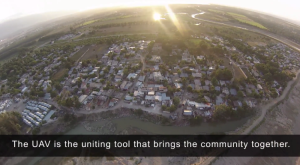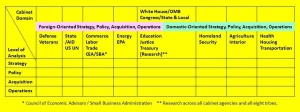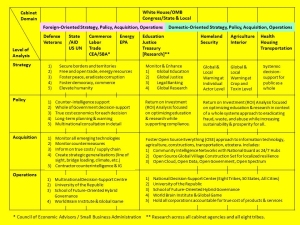
The Sharing Economy Will Thrive Only If Government Doesn't Strangle It
R. J. Lehmann
Reason.com, 2 August 2014
We're unlocking unthinkable amounts of capital and lawmakers stand in the way.
The so-called sharing economy is many things to many people. To Wall Street and Silicon Valley, firms like Uber and Airbnb offer tantalizing market capitalizations, the likes of which have not been seen since the go-go '90s. At the same time, political operatives see the emerging debates over regulation of ride-sharing and space-sharing as a potential opening for the libertarian right to assert their world view in urban politics for the first time in a long time.
See Also:
Five Principles for Regulating the Peer Production Economy
Regulation won't kill the sharing economy — we just need new rules.







